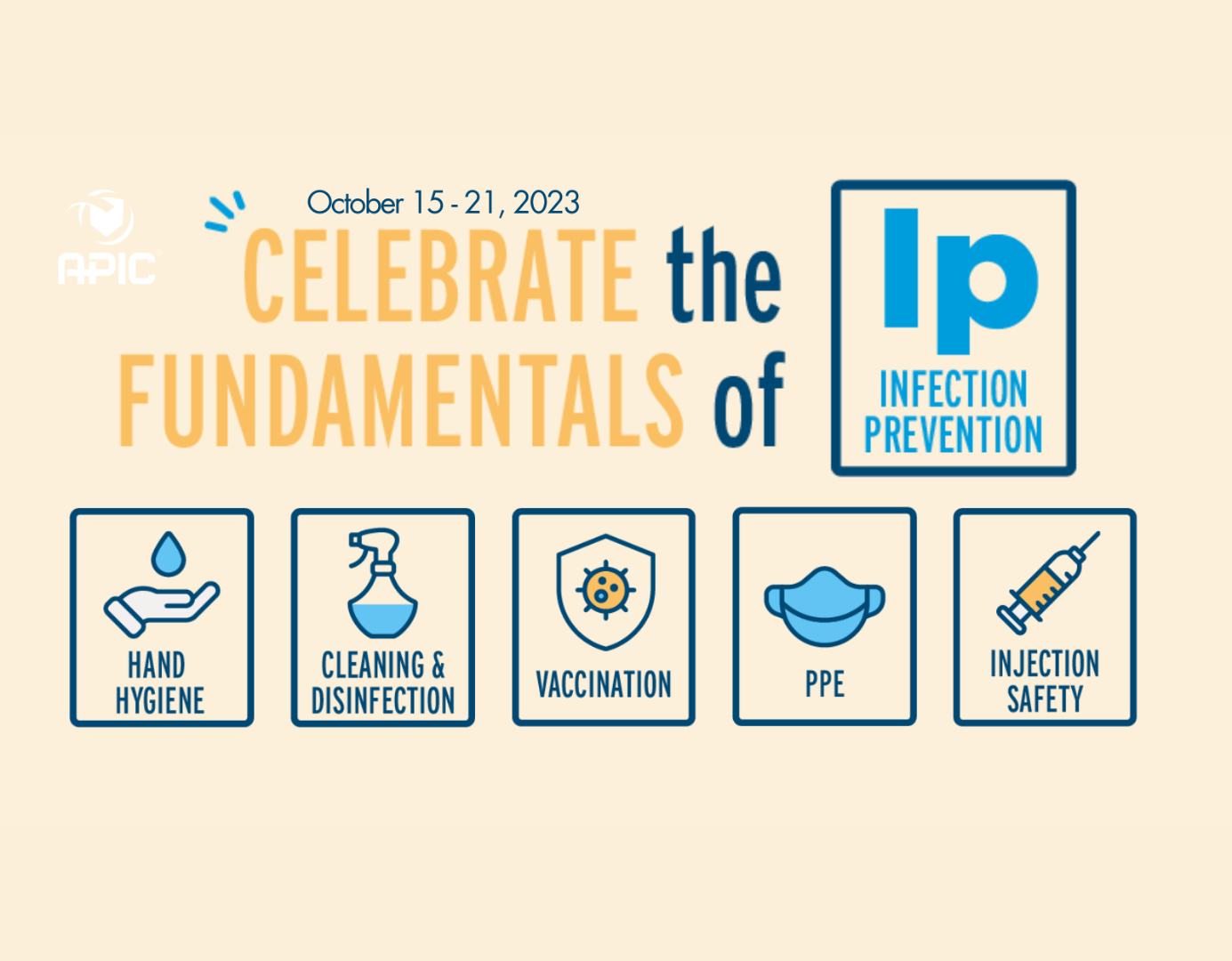International Infection Prevention Week 2023
Published on: 16 October 2023Highlighting the importance of infection prevention.

International Infection Prevention Week (IIPW), established in 1986, aims to shine a light on infection prevention each and every year. IIPW 2023’s theme is ‘Celebrating the Fundamentals of Infection Prevention’ which highlights getting back to the basics of infection prevention for everybody.
Lymphoma, and its treatment, can increase your risk of infection. Whilst it is not possible to completely avoid the possibility of infection, there are steps you can take to lower your risk and help protect yourself.
Tips to help lower your risk of infection
Keep good personal hygiene:
- Wash your hands regularly, particularly before eating and after using the toilet. Take antibacterial hand sanitiser gel or wipes with you if you are out and about.
- Have a warm bath or shower each day. Check with your clinical team for advice about bathing and showering if you have a chemotherapy central line (central venous catheter) in place.
- Keep good dental hygiene. Use a soft toothbrush and an alcohol-free antiseptic or antibacterial mouthwash.
Minimise contact with germs:
- Avoid places where you have a higher risk of catching an infection, such as swimming pools, busy shops and public transport at peak times.
- Avoid contact with people who are unwell, for example with a cold, tummy bug or chickenpox.
- Prepare food safely and don’t eat anything that is past its sell-by-date – use refrigerated food within 24 hours of opening. You can find out more about food safety on the World Health Organisation (WHO) website and the Food Standards Agency website.
- Take care when handling pets – avoid bites or scratches and wash your hands after any contact with an animal. If possible, ask someone else to deal with pet care jobs that involve animal poo, such as cleaning out litter trays.
- Visit your dentist before you start treatment for lymphoma – you might not be able to have any dental work done during or soon after treatment because of increased risk of infection.
Protect your skin:
- Protect yourself from cuts and scratches by wearing gloves for gardening, wearing shoes when you are outside and avoiding walking barefoot indoors.
- Keep your skin moisturised with a body lotion or moisturiser if it becomes dry or cracked.
- Allow spots and scabs to heal without picking at them.
